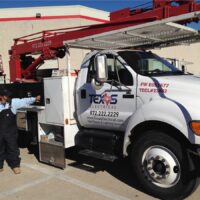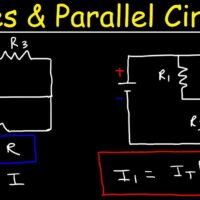Commercial electricians specialize in installing, maintaining, and repairing electrical systems in commercial buildings. They ensure the safety and functionality of complex electrical setups.
Commercial electricians play a crucial role in the business sector. They handle electrical systems in offices, retail spaces, and industrial settings. Their expertise ensures that lighting, power, and communication systems work efficiently. They follow strict safety codes and regulations to prevent electrical hazards.
Regular maintenance performed by commercial electricians minimizes downtime and boosts productivity. They often work on large-scale projects, coordinating with other trades to complete installations. Hiring a skilled commercial electrician is essential for any business to maintain a safe and operational environment. Their work supports daily operations and long-term growth, making them indispensable in the commercial industry.
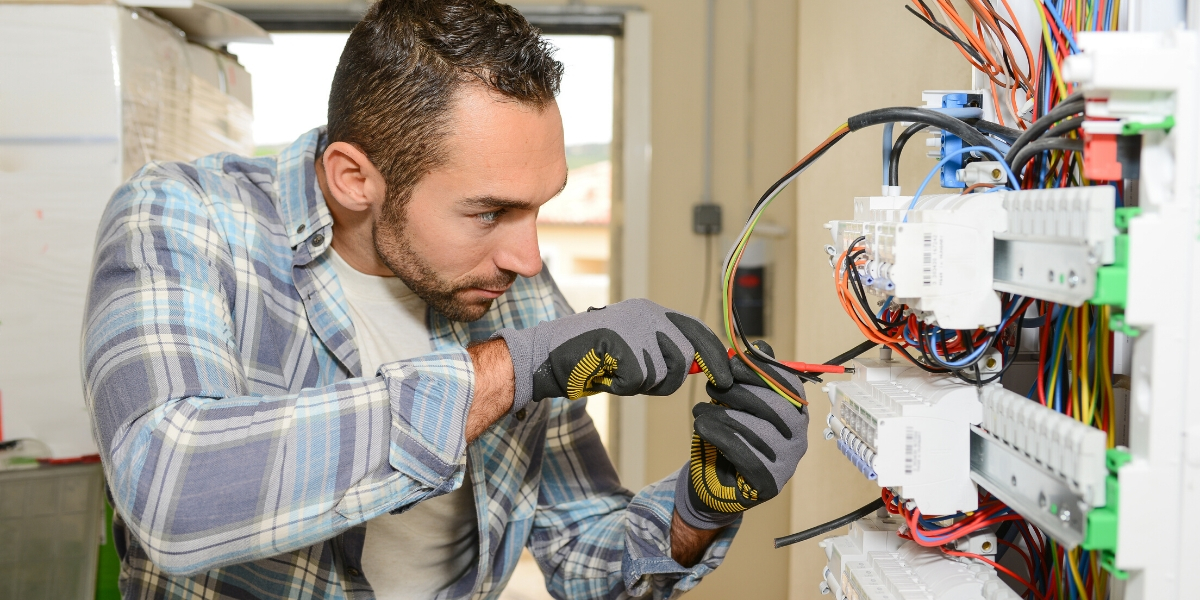
Credit: blog.laborforhire.com
The Role Of Commercial Electricians
Commercial electricians play a critical role in the business world. They ensure that electrical systems in commercial buildings run smoothly. Their work ranges from installing new systems to maintaining existing ones.
Specialized Training And Certification
Commercial electricians undergo specialized training and certification. They need to understand complex electrical systems. Training involves learning about electrical codes and safety standards. Certification shows their expertise and competence in the field.
| Training Aspect | Details |
|---|---|
| Electrical Codes | Study of national and local electrical codes |
| Safety Standards | Learning industry-specific safety protocols |
| Technical Skills | Hands-on experience with electrical systems |
| Certification Exams | Passing required examinations for certification |
Key Responsibilities
Commercial electricians have several key responsibilities. They install, maintain, and repair electrical systems in commercial buildings. They also ensure these systems meet safety standards.
- Installing new electrical systems
- Maintaining existing electrical systems
- Repairing faulty electrical components
- Ensuring safety standards are met
They also perform regular inspections. These inspections help prevent electrical hazards. They identify issues before they become major problems.
- Conducting routine inspections
- Identifying potential electrical hazards
- Providing solutions to prevent issues
Commercial electricians are vital for businesses. Their expertise keeps electrical systems running efficiently and safely.
Safety First: Standards And Protocols
Safety is a top priority for commercial electricians. They follow strict standards and protocols. This ensures the safety of everyone involved.
Adherence To Electrical Codes
Commercial electricians must adhere to electrical codes. These codes are set by national and local authorities. The National Electrical Code (NEC) is a key reference.
| Authority | Code | Purpose |
|---|---|---|
| National Fire Protection Association (NFPA) | NEC | Ensures safe electrical design and installation |
| Local Government | Local Electrical Codes | Addresses region-specific safety concerns |
Following these codes helps prevent electrical hazards. This includes fire, electric shock, and equipment damage. Compliance ensures a safe working environment.
Regular Safety Audits And Inspections
Regular safety audits are crucial. They help identify potential hazards. Inspections ensure that all electrical systems are up to code.
- Monthly equipment checks
- Annual comprehensive audits
- Immediate inspections after new installations
Safety inspections involve detailed checks. Electricians look for wear and tear. They also check for outdated components. This proactive approach prevents accidents.
Documentation of audits and inspections is essential. It provides a record of compliance. This documentation can be vital during legal reviews or insurance claims.
By adhering to safety standards and performing regular inspections, commercial electricians ensure a safe environment. This protects both people and property.
Tools Of The Trade
Commercial electricians rely on a variety of specialized tools. These tools ensure safety, efficiency, and precision. From basic hand tools to advanced gadgets, each tool has a unique purpose. Understanding these tools is essential for any aspiring electrician.
Essential Equipment For Everyday Tasks
Every commercial electrician must have a toolkit. Here are some essential tools:
- Multimeter: Measures voltage, current, and resistance.
- Wire Strippers: Removes insulation from electrical wires.
- Fish Tape: Pulls wire through conduits.
- Voltage Tester: Checks for the presence of electricity.
- Screwdrivers: Tightens and loosens screws.
These tools are used daily. They ensure tasks are completed safely and efficiently.
Advancements In Electrical Tools
Technology has improved many electrical tools. Modern tools are smarter and more efficient. Here are some recent advancements:
| Tool | Advancement |
|---|---|
| Smart Multimeters | Bluetooth connectivity for data logging. |
| Laser Distance Meters | Accurate measurements with laser precision. |
| Infrared Thermometers | Non-contact temperature readings for safety. |
These advancements have made electricians’ jobs easier. They help in diagnosing and fixing issues faster.
Power Systems In Commercial Settings
Power systems in commercial settings are complex and vital. They keep businesses running smoothly. From small shops to large factories, power is essential. Commercial electricians play a crucial role here. They design, install, and maintain these systems.
Design And Installation
Designing power systems requires expertise and precision. Commercial electricians assess the building’s needs. They plan the layout for optimal performance. The installation phase involves setting up wires, outlets, and panels. Safety standards must be met during this process. Proper design and installation prevent future issues.
Maintenance And Upgrades
Regular maintenance keeps power systems efficient. Commercial electricians conduct routine inspections. They check for wear and tear. Upgrades are necessary for older systems. New technology enhances energy efficiency. This reduces costs and improves reliability.
| Task | Description |
|---|---|
| Design | Planning the power system layout and components |
| Installation | Setting up wiring, outlets, and electrical panels |
| Maintenance | Regular checks and repairs to ensure efficiency |
| Upgrades | Updating old systems with new technology |
- Energy efficiency is crucial for commercial settings.
- Safety standards must always be followed.
- Upgrades can save costs in the long run.
Troubleshooting And Repairs
Commercial electricians are essential for maintaining safe and efficient business operations. Troubleshooting and repairs are among their critical tasks. They resolve electrical problems quickly to minimize downtime. This section explores common electrical issues and diagnostic techniques.
Common Electrical Issues In Businesses
Businesses face several common electrical issues. Flickering lights and tripping circuit breakers are frequent problems. These issues can disrupt daily operations and cause safety hazards. Overloaded circuits and faulty wiring also occur often. These problems need immediate attention from skilled commercial electricians.
- Flickering lights: Caused by loose connections or faulty fixtures.
- Tripping circuit breakers: Due to overloaded circuits or short circuits.
- Overloaded circuits: Too many devices plugged into one circuit.
- Faulty wiring: Worn out or damaged wires needing replacement.
Diagnostic Techniques
Commercial electricians use various diagnostic techniques. Visual inspections identify obvious issues like damaged wires. They use multimeters to check voltage, current, and resistance. Thermal imaging cameras detect hot spots and potential failures. Circuit tracers help locate breaks or shorts in wiring.
| Diagnostic Tool | Function |
|---|---|
| Multimeter | Measures voltage, current, and resistance. |
| Thermal Imaging Camera | Detects hot spots in electrical systems. |
| Circuit Tracer | Locates breaks or shorts in wiring. |
| Clamp Meter | Measures current without disconnecting the circuit. |
Commercial electricians ensure businesses run smoothly. They fix electrical issues and prevent future problems. Their skills and tools keep electrical systems safe and efficient.
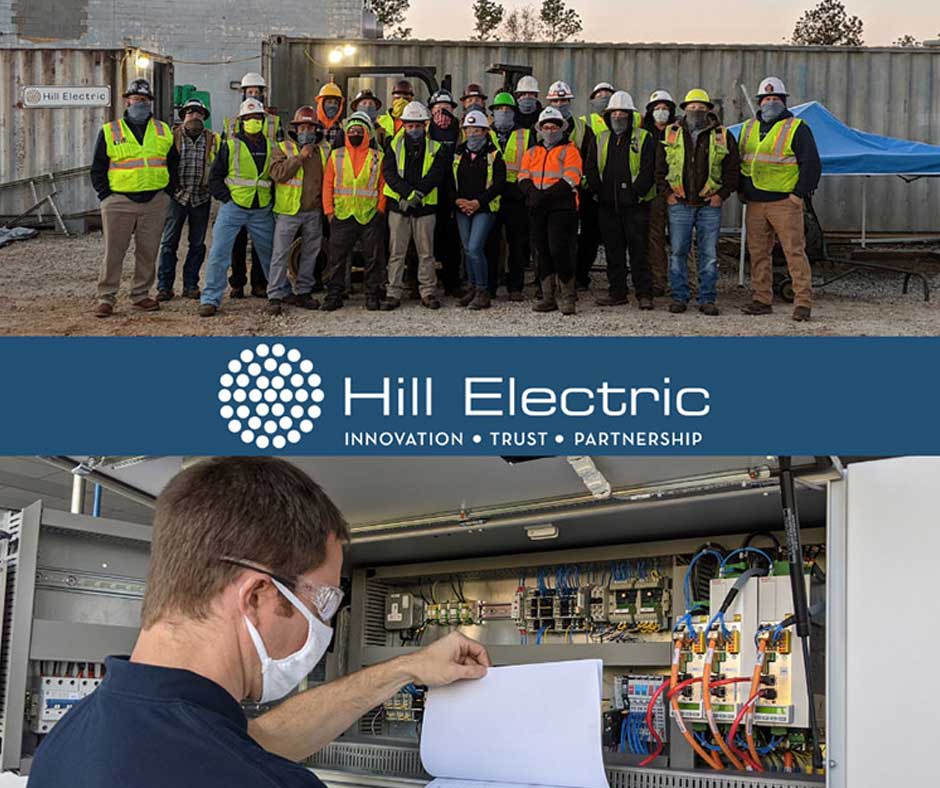
Credit: hillelectric.net
Energy Efficiency And Sustainability
Commercial electricians play a key role in promoting energy efficiency and sustainability. They provide solutions that reduce energy consumption and lower costs. These experts help businesses adopt eco-friendly practices that benefit the environment.
Eco-friendly Power Solutions
Commercial electricians offer a range of eco-friendly power solutions. These include installing energy-efficient lighting and solar panels. They also recommend smart thermostats and energy management systems.
LED lighting is a popular option. It uses less energy and lasts longer than traditional bulbs. Solar panels convert sunlight into electricity, reducing reliance on fossil fuels. Smart thermostats help control heating and cooling more efficiently.
| Solution | Benefit |
|---|---|
| LED Lighting | Lower energy use, longer lifespan |
| Solar Panels | Renewable energy source, lower electricity bills |
| Smart Thermostats | Efficient temperature control, cost savings |
Cost-saving Electrical Upgrades
Investing in cost-saving electrical upgrades can greatly reduce expenses. Commercial electricians can upgrade old wiring to improve safety and efficiency. They also install energy-efficient appliances and systems.
Businesses can save money with these upgrades:
- Upgrading to energy-efficient HVAC systems
- Installing motion sensor lighting
- Using programmable timers for outdoor lights
Energy-efficient HVAC systems use less power and provide better temperature control. Motion sensor lighting reduces energy waste by turning off lights in empty rooms. Programmable timers ensure outdoor lights are only on when needed.
Emergency Services And Support
Emergencies involving electrical systems can occur at any moment. They demand immediate attention to prevent further damage or danger. Commercial electricians offer specialized emergency services and support to address these urgent situations. Their expertise ensures that your business remains safe and operational.
24/7 Availability
One of the key features of commercial electricians is their 24/7 availability. Electrical issues don’t follow a schedule. They can happen at night, during weekends, or on holidays. Having access to a professional at any time provides peace of mind. You can rest assured knowing that help is just a call away, no matter the hour.
Rapid Response To Electrical Failures
A quick response is crucial during an electrical emergency. Commercial electricians understand this urgency. They are trained to diagnose and fix issues swiftly. This minimizes downtime and potential hazards. Their rapid response ensures that your business operations resume as soon as possible.
- Immediate diagnosis of the problem
- Quick and efficient repairs
- Minimal disruption to your operations
Below is a table summarizing the benefits of emergency services:
| Benefit | Description |
|---|---|
| 24/7 Availability | Access to professional help any time of the day or night |
| Rapid Response | Quick identification and resolution of electrical issues |
| Safety | Ensures a safe environment for employees and customers |
| Operational Continuity | Reduces downtime and keeps business running smoothly |
Collaboration With Other Professionals
Commercial electricians play a vital role in construction projects. They ensure electrical systems are safe and efficient. Collaboration with other professionals is essential for success. This teamwork helps complete projects on time and within budget.
Working With Contractors And Engineers
Commercial electricians often work with contractors. Contractors oversee the entire construction project. They coordinate schedules and manage resources. Electricians must align their tasks with the contractor’s plan.
Engineers design the electrical systems. They create detailed blueprints. Electricians follow these blueprints. They install wiring, outlets, and fixtures. This cooperation ensures the system meets safety standards.
Communication And Teamwork
Effective communication is key. Electricians must relay progress to other team members. Regular meetings help keep everyone on the same page.
Teamwork is crucial. Electricians often work alongside plumbers and HVAC technicians. They ensure all systems integrate seamlessly. This collaboration minimizes errors and delays.
| Profession | Role in Project | Interaction with Electricians |
|---|---|---|
| Contractors | Oversee and manage the project | Coordinate schedules and resources |
| Engineers | Design electrical systems | Provide blueprints and specifications |
| Plumbers | Install plumbing systems | Ensure integration with electrical systems |
| HVAC Technicians | Install heating and cooling systems | Coordinate system integration |
Continued Education And Training
Commercial electricians play a critical role in keeping businesses running smoothly. To stay effective, they must engage in continued education and training. This ensures they remain updated with the latest technologies and industry standards.
Staying Current With Industry Changes
Electrical codes and standards frequently change. Commercial electricians need to stay current. Attending workshops and seminars helps them learn new practices. This keeps their knowledge fresh and relevant.
Additionally, new tools and technologies emerge regularly. Electricians must understand how to use these innovations. This helps them provide better services to their clients. Staying updated also helps them maintain safety standards.
Advanced Certification Programs
Advanced certification programs offer specialized knowledge. These programs cover areas such as:
- Energy efficiency
- Smart building technology
- Advanced wiring techniques
Electricians with advanced certifications have a competitive edge. They can handle complex projects more effectively. This makes them more attractive to potential employers and clients.
Certification programs usually require passing exams. They also involve hands-on training. This ensures electricians can apply what they learn practically.
Below is a table summarizing some popular certification programs:
| Certification | Focus Area | Duration |
|---|---|---|
| Energy Efficiency Expert | Energy-saving techniques | 6 months |
| Smart Building Technician | Smart technologies | 8 months |
| Advanced Wiring Specialist | Complex wiring systems | 12 months |
Investing in these certifications can significantly boost an electrician’s career. The knowledge gained from these programs is invaluable.
Choosing The Right Commercial Electrician
Selecting the right commercial electrician is crucial for your business. The right choice can ensure safety and efficiency. This guide helps you make an informed decision. Let’s explore some key criteria to consider.
Criteria For Selection
Finding the perfect electrician requires a few key criteria. Ensure they have experience with commercial projects.
Evaluate their availability for ongoing maintenance tasks. Check if they offer 24/7 emergency services.
Consider their communication skills. They should be easy to reach and responsive.
| Criteria | Importance |
|---|---|
| Experience | High |
| Availability | Medium |
| Communication | High |
Verifying Credentials And References
Always verify the electrician’s credentials. They should have proper licenses and insurance. These are non-negotiable for safety.
Ask for references from past clients. Contact these references to gauge satisfaction levels. Positive feedback is a good indicator.
Check online reviews and ratings. Websites like Yelp and Google Reviews can provide insights.
- Verify licenses and insurance
- Request and contact references
- Check online reviews
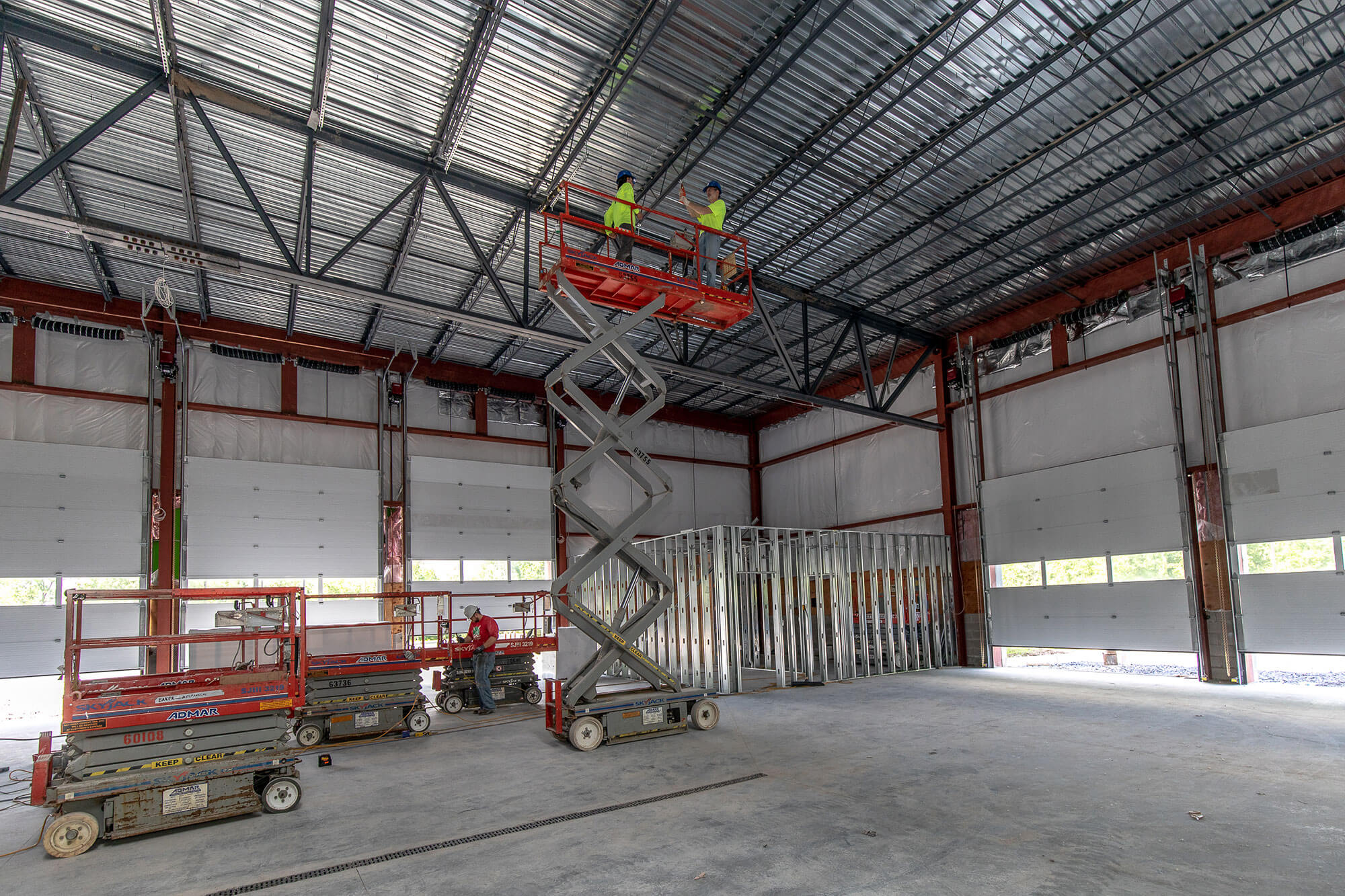
Credit: douglaselectric.us
Frequently Asked Questions
What Is Commercial Electrics?
Commercial electrics involve electrical systems and services for businesses and industrial facilities. They include wiring, lighting, and maintenance. Proper commercial electrics ensure safety, efficiency, and compliance with regulations. These services often require specialized knowledge and certifications.
How Many Commercial Electricians Are There In The Us?
There are approximately 666,900 commercial electricians in the US as of 2023. This number is growing due to increasing demand.
What Does A Commercial Electrician Do?
A commercial electrician installs, maintains, and repairs electrical systems in commercial buildings. They ensure the safety and efficiency of electrical components.
How Much Do Commercial Electricians Charge?
Commercial electricians typically charge hourly rates ranging from $50 to $150. Costs vary based on project complexity and location.
Conclusion
Choosing the right commercial electrician ensures safety and efficiency. Prioritize experience and reliability for your electrical needs. Proper maintenance and timely upgrades can prevent costly downtime. Trust professional electricians to keep your business running smoothly. Contact a certified commercial electrician today to safeguard your operations and enjoy peace of mind.

